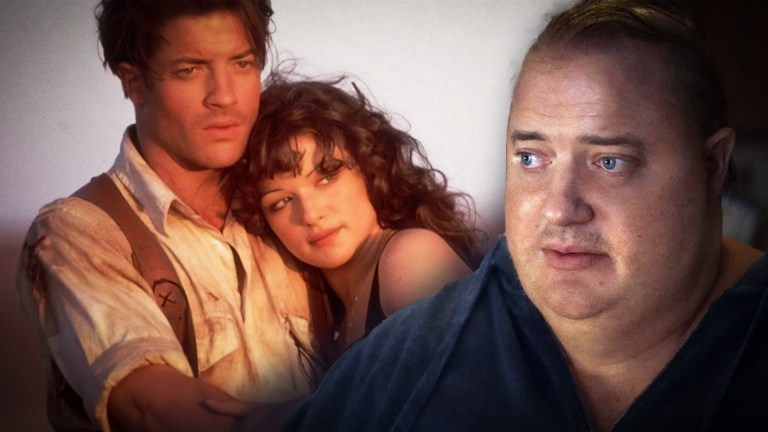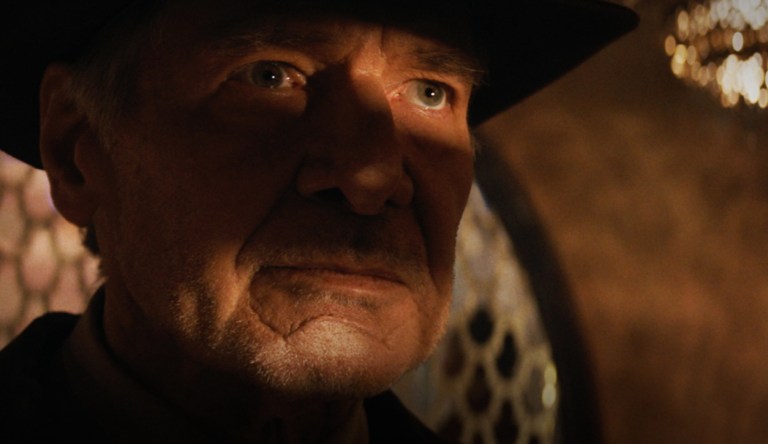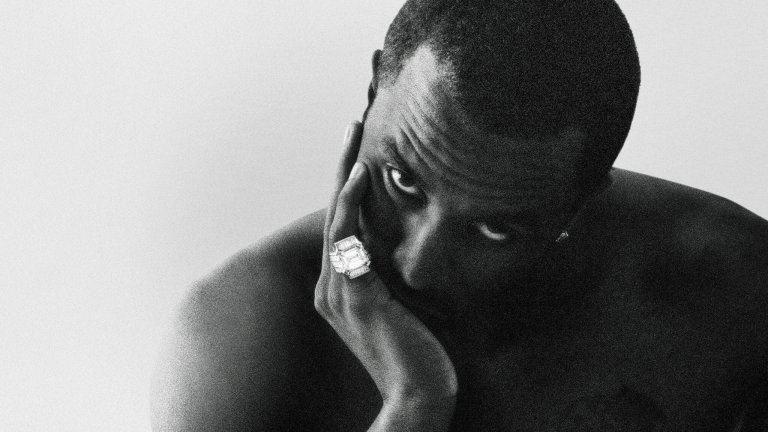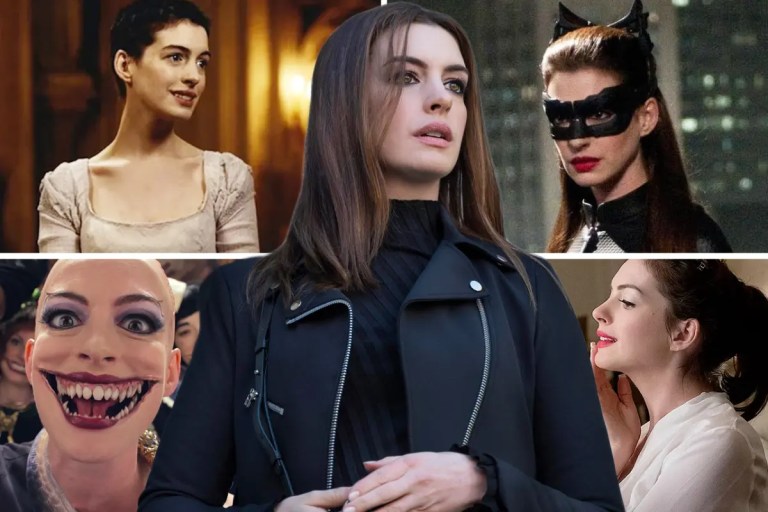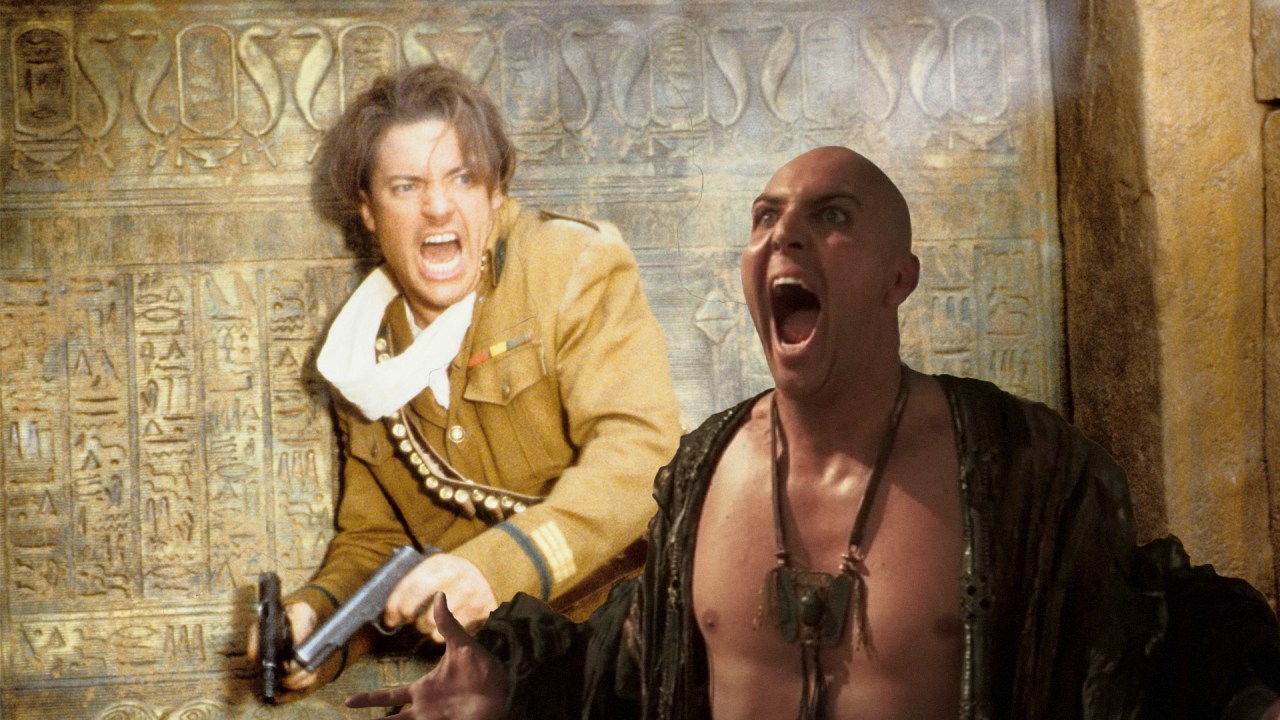
25 Years Ago, ‘The Mummy’ Made Universal Monsters Cool Again — And It Could Never Happen Again
25 years after Brendan Fraser's The Mummy graced screens, we take a retrospective look at everything the trilogy got right (and why it could never be replicated today).
It’s been 25 years since Brendan Fraser dazzled audiences in The Mummy. Here’s a retrospective look at why it was such a smash success.
In May 1999, Stephen Sommers’ The Mummy hit theaters around the world. A remake of Karl Freund’s film of the same name, the spectacle-heavy creature feature exploded from the crypt to make over $416 million at the box office and kick off a franchise that spawned two sequels, an animated series, and even a few spinoffs about the mighty Scorpion King. More importantly, The Mummy immortalized itself as a must-watch blockbuster that might be even more revered than Freund’s original film in retrospect.
More Indiana Jones than Karl Freund
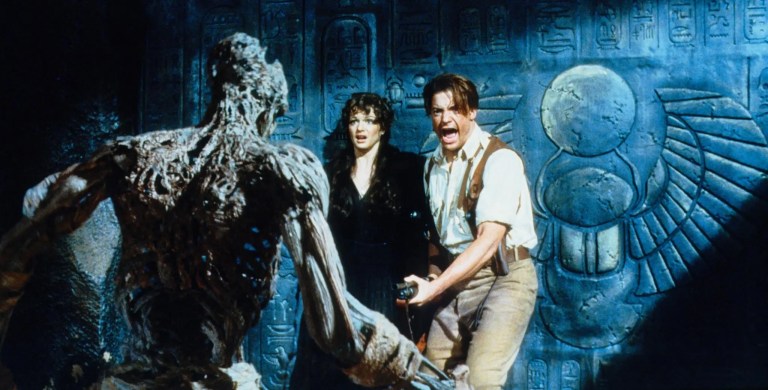
From the early 1930s to the mid 1950s, the Universal Monsters ran rampant in Hollywood. From Dracula to The Mummy and Creature from the Black Lagoon, these pictures didn’t only spook up the box office, but they also turned into mega merchandise machines. As with all trends, however, the audience interest diminished over time and the next fad took over.
Decades later, Universal Pictures rolled the dice and revisited The Mummy in 1999. Like the 1932 film, the central villain remains Imhotep (Arnold Vosloo), a resurrected high priest with supernatural powers and nefarious intentions. In this version, Brendan Fraser plays a new protagonist named Rick O’Connell. Rick isn’t alone in this movie, being joined by other vital characters such as Evelyn Carnahan (Rachel Weisz), Jonathan Carnahan (John Hannah) and Ardeth Bay (Oded Fehr).
While The Mummy establishes Imhotep as a credible threat here, it also builds up Rick as a true swashbuckling adventure hero, whom the audience gets behind. An Indiana Jones archetype, Rick rushes into action first and asks questions later, but he’s never short of a witty one-liner or two – no matter how bad the situation appears. Resultantly, The Mummy bursts with an exhilarating joy and unabashed good time feeling that’s akin to Raiders of the Lost Ark or Temple of Doom. It values thrills and spills more than chills, inspiring audiences to treat it as if it’s a cinema equivalent of a theme park ride. In the same way that Indiana Jones movies hold a timeless and rewatchable quality, the same can be said about The Mummy as the movie never stops being fun and entertaining – whether it’s the first or fifteenth watch.
All hail the cool Imhotep
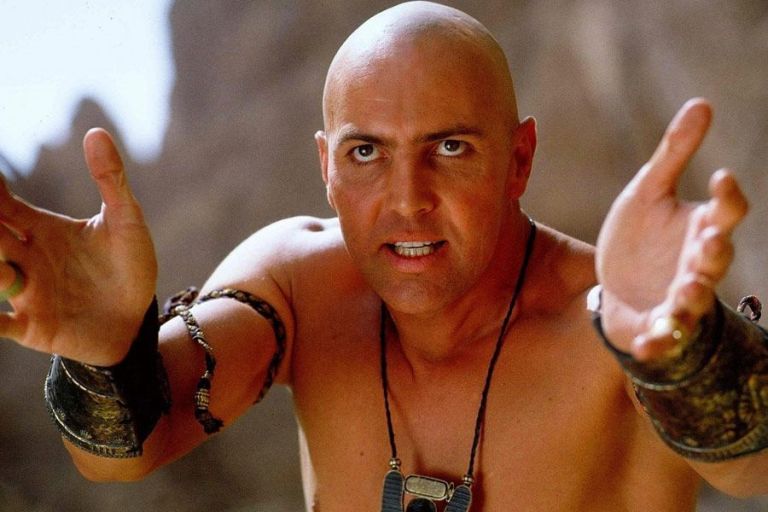
Take nothing away from Boris Karloff’s portrayal of Imhotep. The legendary thespian brought a hypnotizing presence to the character and made people believe this mystical monster was a harrowing threat. However, Arnold Vosloo breathes a unique menace into his interpretation of Imhotep that suits the era. He’s a supernatural Hans Gruber, oozing bucketloads of charisma and showcasing a wide array of breathtaking powers in equal measure.
Vosloo’s Imhotep also falls firmly into the “lovable” bad guy category, since his motivations make complete sense and a few fools suffer his wrath – both directly and indirectly. (Did anyone even shed a tear when the weasley and sycophantic Beni Gabor meets his maker after unleashing the scarabs? Unlikely.) In The Mummy, Imhotep doesn’t strut around as a traditional movie monster like Karloff’s version; instead, he is more like the perfect action movie antagonist – never lacking charm or a cool factor, as he makes the audience want to see more of him on screen.
It’s testament to his popularity that Imhotep returned almost instantly for The Mummy Returns in 2001. Despite the presence of another antagonist in the form of Dwayne “The Rock” Johnson’s Scorpion King in the film, everyone knew that without Vosloo’s magical mummy the film wouldn’t be the same. Case in point: See how 2008’s The Mummy: Tomb of the Dragon Emperor suffered when it excluded the fan-favorite villain. It’s not outrageous to say that as much as Brendan Fraser’s Rick O’Connell is paramount to the franchise’s success, so too is Vosloo’s Imhotep.
The action-adventure formula of The Mummy worked back then, but it won’t now
With horror films experiencing a strange time toward the end of the 20th century, The Mummy chose the right path by dialing down the scares and upping the adventure. It understood how moviegoers weren’t in the mood to be frightened; they wanted to be entertained. Sure, the film dumbed down the original terrifying premise in favor of a more cartoonish and popcorn blockbuster approach. Yet, considering the trilogy made over a billion dollars at the box office, no one can dispute it was the correct move in the long run.
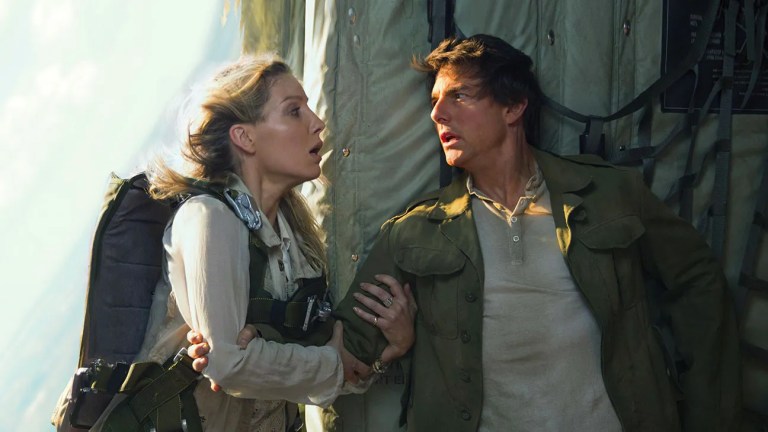
It wasn’t meant to last forever, though. As 2017’s The Mummy, starring Tom Cruise and Sofia Boutella, demonstrated, the action-adventure approach no longer connected with the fans. In this instance, the reverse happened: Audiences wanted to be scared again! This isn’t unusual, of course, as Hollywood goes through cycles all the time. That said, 1999’s The Mummy proved to be a movie released at the right time and under the right genre banner. Not only did it enthrall, but it also still holds up as a cinema classic 25 years later.
